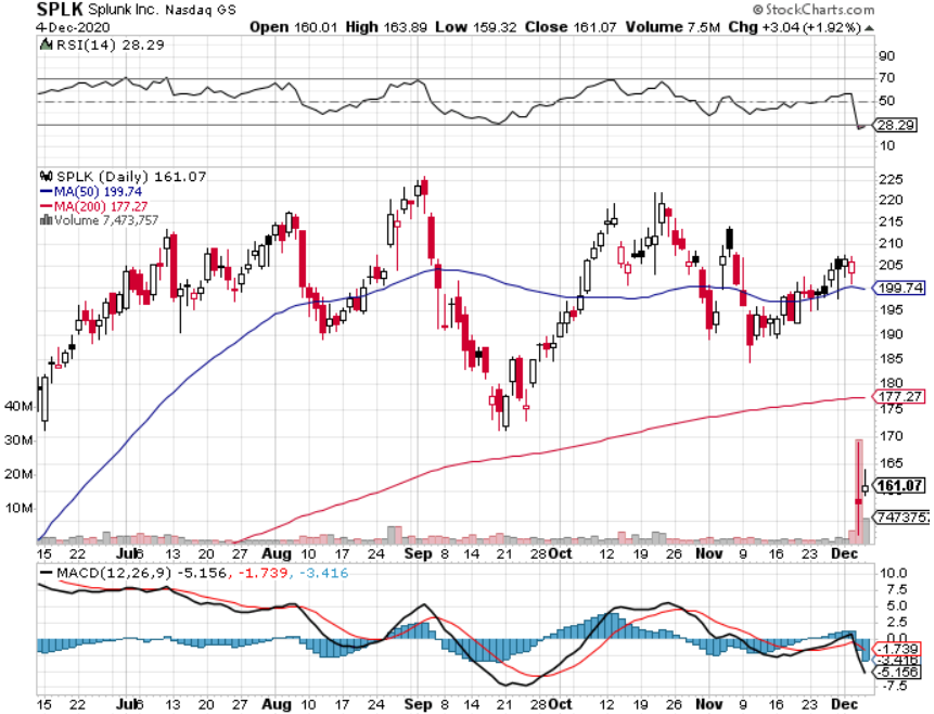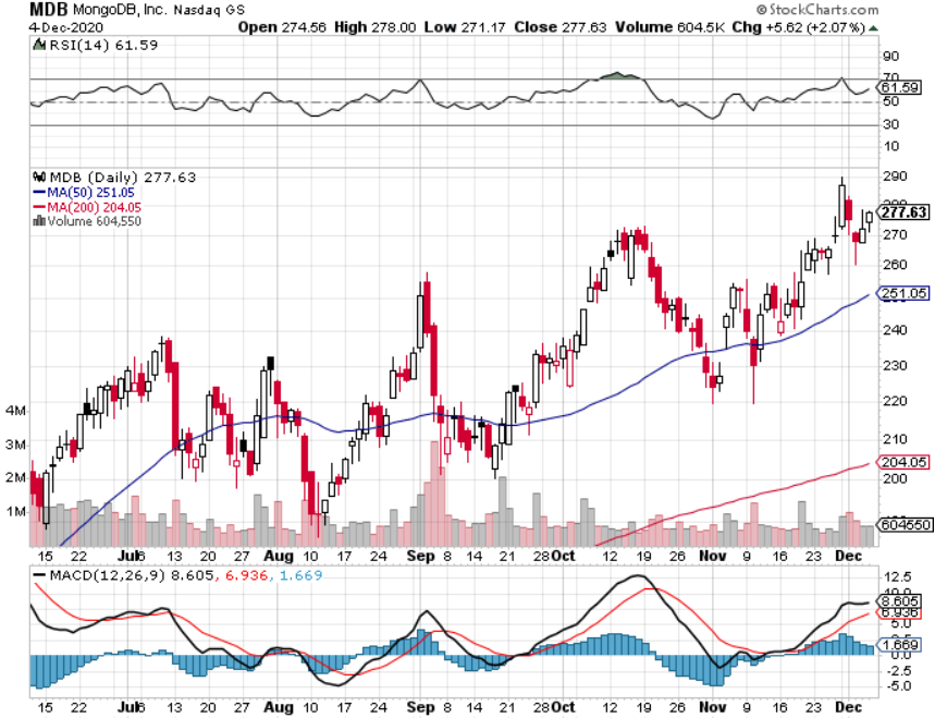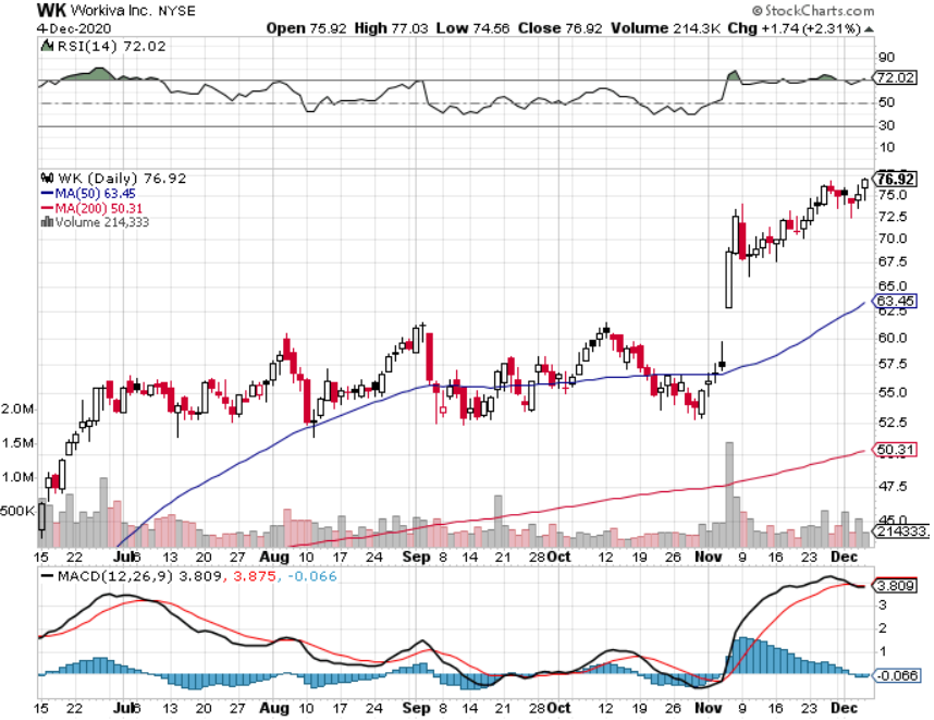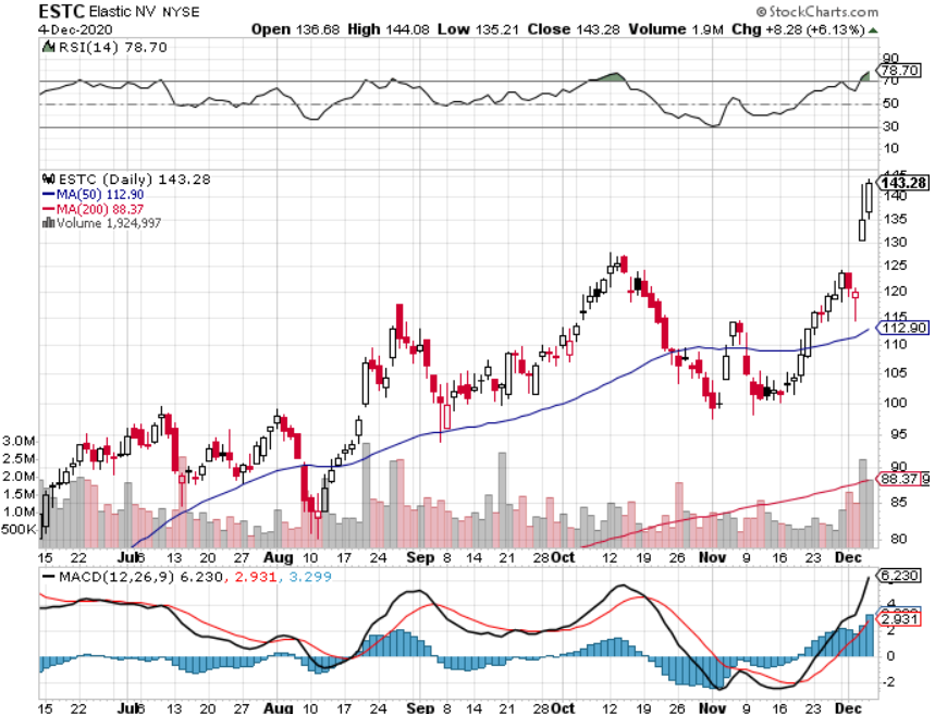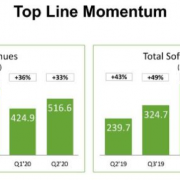The Opportunities in Big Data
It’s all great knowing about the cloud, but to understand the cloud more deeply, and how it affects investment trends, we need to talk about Big Data.
This is epitomized by massive data troves.
That avalanche of data on a daily basis coming from an ever-growing variety of sources is now the genesis of all and any corporate decisions.
Data sets are now decoded by processing software tools that capture, process, and curate in a timely fashion.
Let’s take an ecommerce business, their data creation and gathering process comes from sources that include wholesale or retail transactions.
Other companies look into the shipping, audio and video logs, text messaging, internet search queries, cookies, satellite imagery, and GPS data, as well as stock-market activity and financial transactions. Data is also flooding in from the Internet of Things.
The process of analyzing data sets from numerical evidence is now coined data analytics.
Extracting all manner of data in order to draw out conclusions about the information is the competitive advantage of today. In addition, it uncovers undiscovered themes or unknown correlations within the data, or unearths emerging market trends leading companies to better understand customer preferences.
The data analytics’ industry is growing by leaps and bounds, fueled by market demand for systems that tolerate the intense requirements of Big Data.
Which up and coming, second-tier tech companies have cornered the best data analysts that could boost their stock price over the medium term?
I would include a short list of firms like MongoDB (MDB), Elastic (ESTC), Workiva (WK), and Splunk (SPLK).
Big data companies can focus on various areas, including data mining and cleaning, data analysis, machine data, visualization, and storage.
The trend has also fueled an expansion in new Big Data IPOs include Alteryx (AYX), Cloudera (CLDR), Talend (TLND), and New Relic (NEWR). Splunk was among the first to come public.
Investors who want a data analyst army to drive stock performance should look no further than these companies.
Although they don’t harness the type of intellectual property (IP) of monopolists such as Apple or Google, they add specific functions to the tech industry and are rocket boosters to many business models that already are benefiting from massive secular tailwinds.
Let’s dive into a few data-based firms that I think are worth your time and attention.
MongoDB (MDB)
MongoDB provides an open-source database platform for businesses, with a subscription-based software-as-a-service business model.
MongoDB's iconic flagship application can do pretty much anything in a relational database from Oracle and the difference between relational and NoSQL databases is that the relational model is rigidly defined and difficult to change.
MongoDB's software is more flexible than traditional database models, which allows developers to complete tasks more efficiently.
NoSQL databases are easy sells in today's software development sector, so MongoDB's sales are skyrocketing. The company isn't profitable yet because management has optimized the business model for maximum top-line growth.
The company burns cash but compensates for that with elevated growth rates. MongoDB’s underlying shares are up around 90% YTD.
Splunk (SPLK)
Splunk provides intelligence software designed to aid search, correlate, analyze, monitor, and report on data in real time. The software is deployed to analyze vast amounts of historical information. They specialize in machine-data applications.
Splunk stock took a big hit when the company reported third-quarter results, and the natural consolidation of many big data stocks that have come too far, too fast will offer optimal entry points for tech investors.
Splunk reported lower-than-expected bookings and annual recurring revenue due to a drop in the rate of closing deals, especially large-sized transactions.
Poor revenue forecasts and deal weakness could be a great buying opportunity.
Elastic (ESTC)
Elastic harnesses a set of software products that ingest and store data from various sources and formats, as well as perform search, analysis, and visualization.
The company uses a cloud-based software-as-a-service business model. It has 12,900 subscribers, which accounted for 93% of total revenue in the quarter.
Elastic expects fiscal third-quarter sales in the range of $145 million to $147.0 million, above Wall Street views of $139.8 million.
Elastic stock is up over 120% this year validating the use of big data tools.
I believe this is a great buy the dip stock if shares come back down to the $120 range.
Workiva (WK)
Workiva offers a cloud-based and mobile-enabled platform used by companies to collect, analyze, and manage business data. Customers use Workiva's software to streamline complex business and reporting processes by connecting teams, documents, and data from initial sources to final reports.
The company offers Workiva platform that offers controlled collaboration, data linking, data integrations, granular permissions, process management, and full audit trail services.
They specialize in data integration and preparation tools that enable customers to connect data from enterprise resource planning, governance risk and compliance, and customer relationship management platforms.
Revenue for its third quarter climbed 19% to $88 million. It has more than 3,580 customers. The company also raised its guidance for its fourth quarter.
The underlying stock is up around 75% this year and the company is on the cusp of producing positive earnings for the first time.
Aside from Splunk boasting annual revenue of $2.5 billion, the other three are diminutive in annuals sales.
Elastic, MongoDB, and Workiva only procure annual sales of less than half a billion so the jury is still out on them, where Splunk is more grandfathered into their position in the tech ecosphere.
My pick of the bunch is Workiva because their profitability and margins are trending in a better direction than MongoDB and Elastic, but I do believe that the secular trend of digital migration will help all of these companies even if management isn’t being as efficient as they could be.

